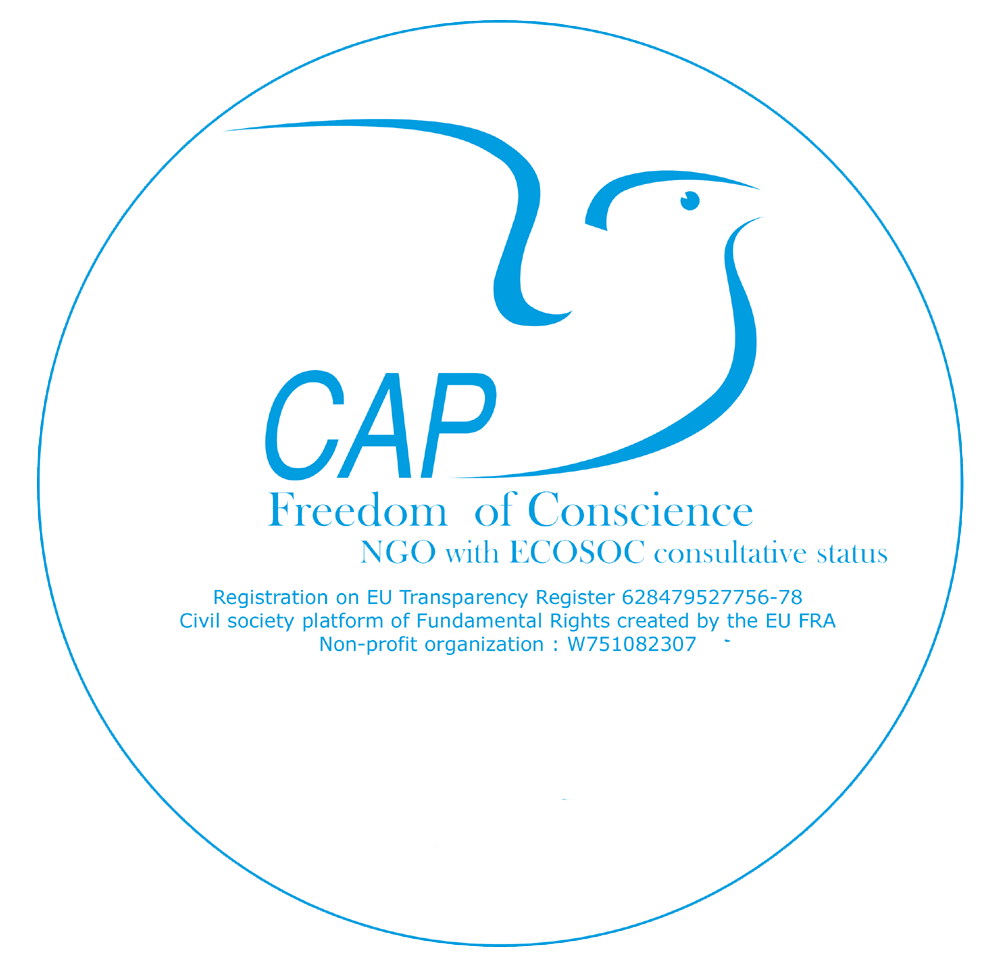CAP Liberté de Conscience August 2024
A significant breakthrough has occurred as researchers from the Centre for Human Rights at Birmingham City University have carried out an investigation into the execution of recommendations stemming from the United Nations Universal Periodic Review (UPR). The outcomes of this study provide perspectives on the obstacles and effective methods in implementing these crucial human rights suggestions.
The UPR stands as a mechanism created by the UN General Assembly in 2006, where the human rights performance of each UN member state undergoes assessment every four and a half years. Throughout this process states receive advice from their counterparts on how to enhance their human rights conditions. Nevertheless actualizing these recommendations has posed challenges with numerous states encountering difficulties in transforming suggestions into actions.
Under the leadership of Dr. Rhona Smith, the research team at Birmingham City University has delved deeply into this pivotal matter by exploring the elements that support or impede the execution of UPR recommendations. Through examination and discussions, with players the researchers have pinpointed various practical tactics and policy suggestions to boost the efficiency of the UPR process.
“The Universal Periodic Review (UPR) serves as a tool, in advancing rights with its real influence lying in how effectively states put into action the recommendations they are given ” remarked Dr. Smith. “Our study offers a blueprint for governments civil society groups and international bodies to address obstacles and ensure that the UPR results in lasting changes on the ground.”
One crucial discovery from the research underscores the significance of commitment and political determination in carrying out UPR suggestions. The researchers stress the necessity for states to incorporate these recommendations into their human rights agendas and allocate resources and institutional frameworks to propel the implementation process.
The report also underscores the role played by governmental organizations in monitoring and advocating for recommendation execution along with underscoring the importance of global collaboration and technical support to bolster state endeavors.
“This study marks a moment for human rights advocacy ” noted Professor Dominic Ongwen, an expert, on rights who is part of the research advisory team. “By shedding light on obstacles and solutions related to implementing UPR recommendations it has the potential to significantly amplify the effectiveness of this UN mechanism.”
The latest report, from the research project at Birmingham City University is now ready, for viewing. You can access the findings through the link provided. This significant research is aimed at guiding policymakers, human rights activists and the global community in enhancing the Universal Periodic Review to uphold and defend rights on a global scale.





